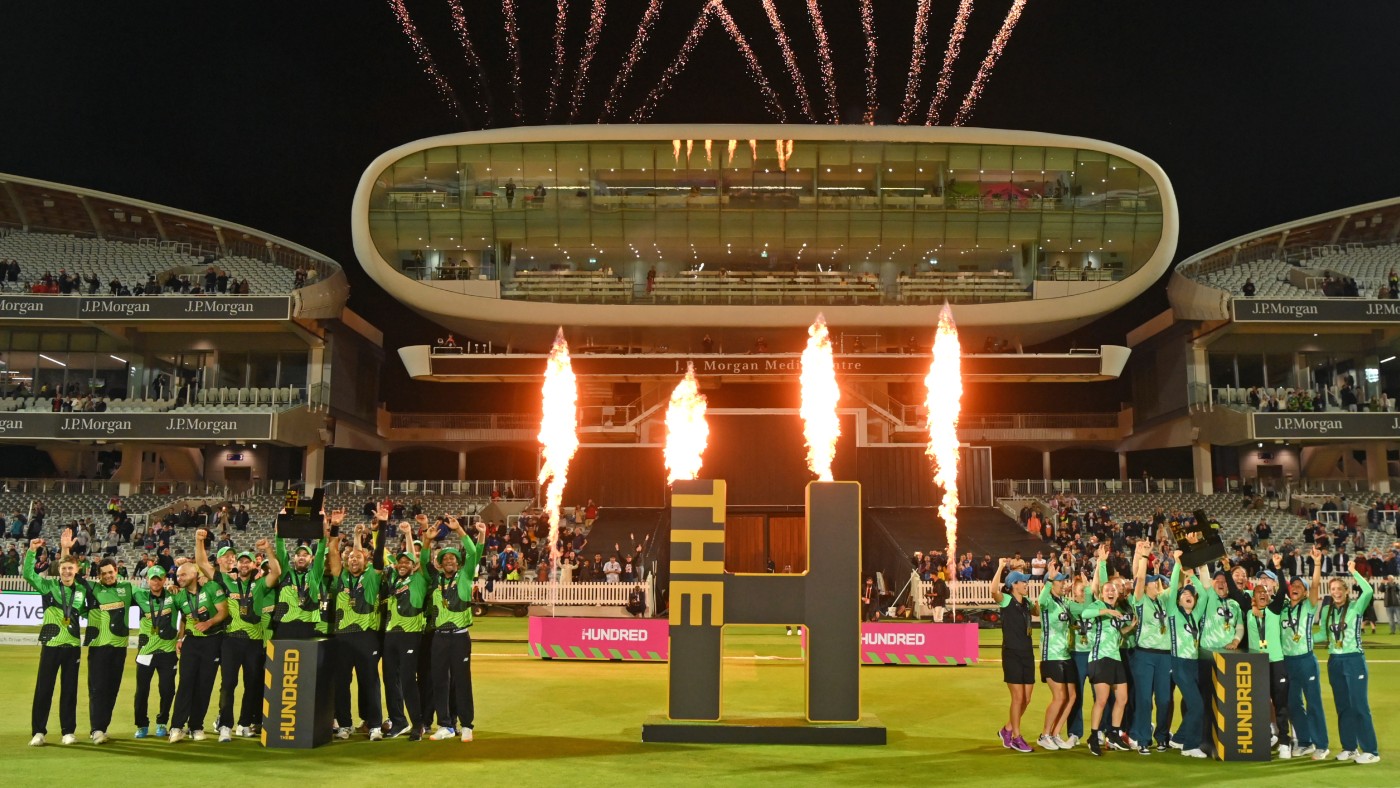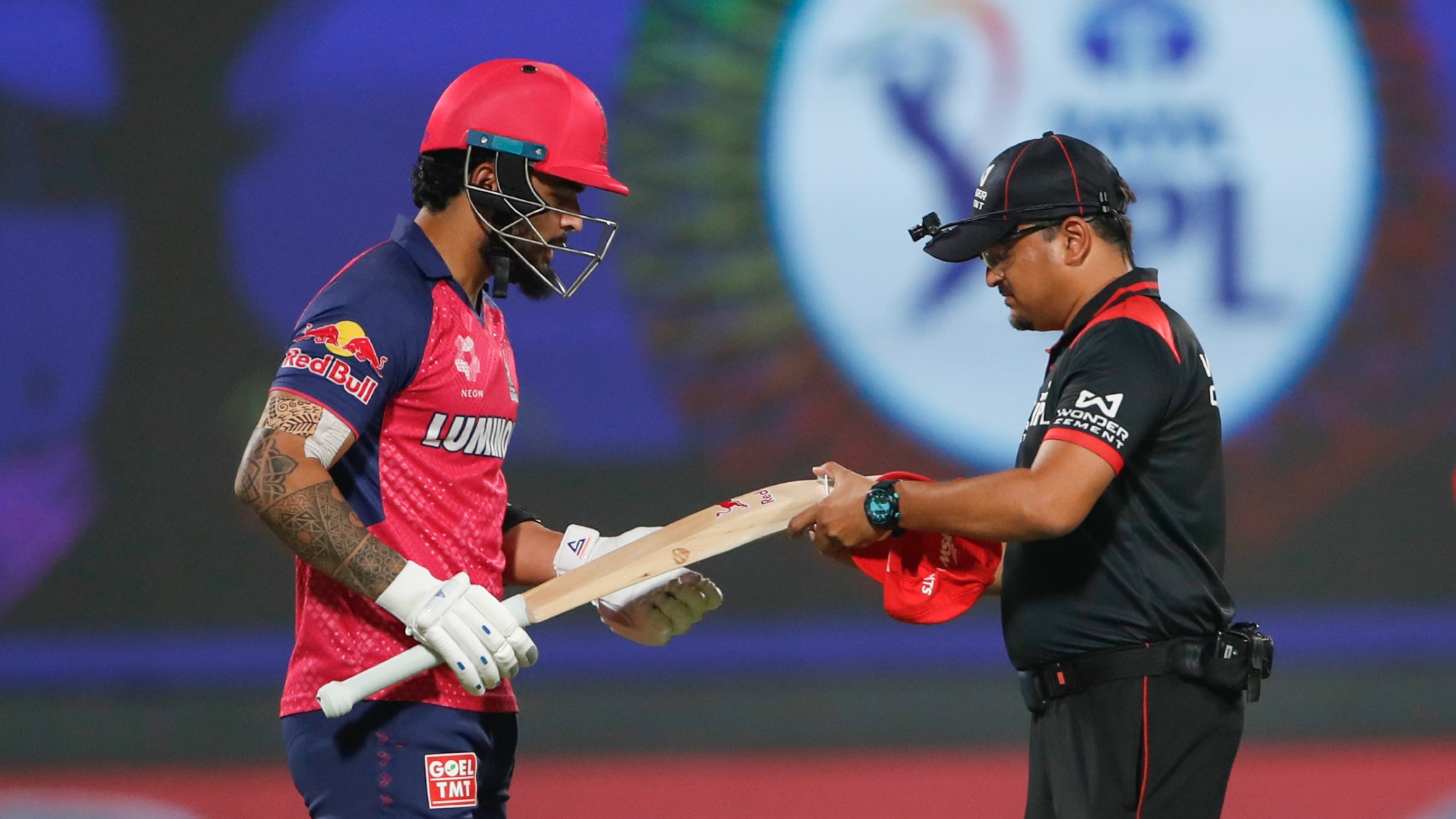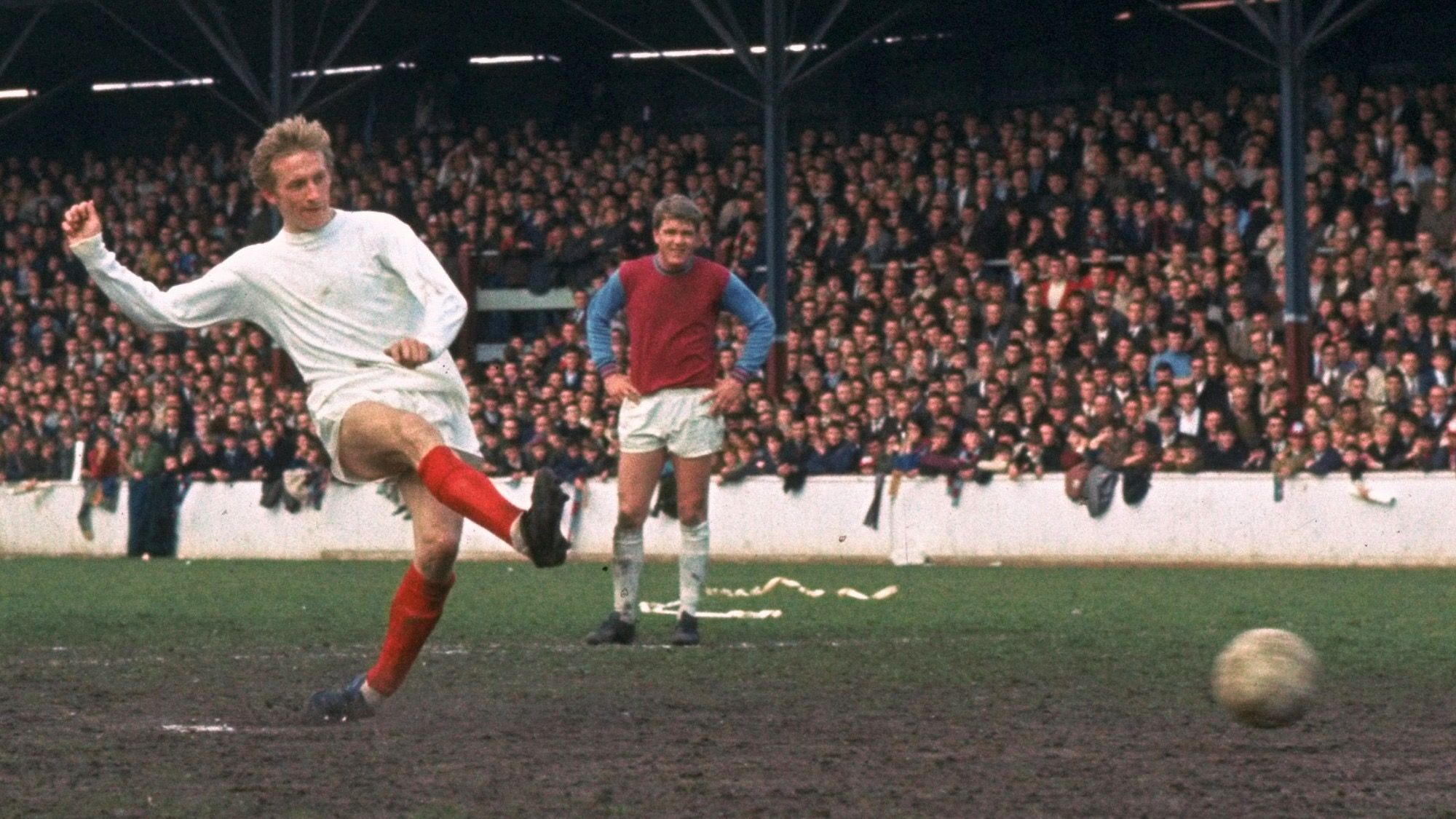Cricket: the thrills of The Hundred finale
A landmark moment and a feast of hitting in the double bill at Lord’s

A free daily email with the biggest news stories of the day – and the best features from TheWeek.com
You are now subscribed
Your newsletter sign-up was successful
The “rights and wrongs” of The Hundred, the new competition introduced by the England and Wales Cricket Board, have been endlessly debated, and will doubtless go on being so for some time to come, said Matt Roller on ESPNcricinfo. Purists object that a contest between sides from different English cities – one that does away with cricket’s basic unit, the six ball over, in favour of “sets of five” – undermines the sport’s very soul. Others contend that the game faces such severe problems, from a decaying county structure to the younger generation’s lack of interest in the game, that it makes a gamble like The Hundred fully justified.
Well, now we’ve had the first acid test, said Isaan Khan in The Mail on Sunday. After all the heated debate about its merits, The Hundred staged its grand finale on Saturday with a “double bill” at Lord’s. And while neither the women’s nor men’s finals “ended in a showreel finish”, there was still enough outstanding cricket to keep the crowd entertained.
First up was the women’s final, between Southampton’s Southern Brave and London’s Oval Invincibles, said Raf Nicholson in The Observer. Brave went into it as favourites, having finished top in the group stages. But batting first, Invincibles posted 121/6 and then skittled Brave out for only 73. A tepid finale, you might say, for the new format, but it was still a landmark moment for the women’s game, being the first domestic women’s final ever to be played at the home of cricket.
The Week
Escape your echo chamber. Get the facts behind the news, plus analysis from multiple perspectives.

Sign up for The Week's Free Newsletters
From our morning news briefing to a weekly Good News Newsletter, get the best of The Week delivered directly to your inbox.
From our morning news briefing to a weekly Good News Newsletter, get the best of The Week delivered directly to your inbox.
Southern Brave also featured in the men’s final, this time taking on Birmingham Phoenix, said Scyld Berry in The Sunday Telegraph. It proved to be a feast of hitting. Batting first, Brave posted a formidable 168 for five, thanks to a devastating partnership between Paul Stirling (61 off 36 balls) and Ross Whiteley (44 off 19). Phoenix’s response was dominated by Liam Livingstone, who rapidly progressed to 46 off 19 balls before being dismissed by a “piece of fielding brilliance” from Tim David, throwing down the stumps from 80 yards. It was the decisive moment: with their talisman gone, Phoenix’s run-chase tailed off, and Brave won by 32 runs.
Judged by numbers alone, the competition has undoubtedly been a success, said Elizabeth Ammon in The Times. Stadiums have been almost full, and viewing figures have been impressive (some 2.4 million people tuned into the final, broadcast by the BBC). Still, next time round, one or two things really have to change. Largely as a result of the Hundred’s scheduling, England’s Test players went into their series against India this month woefully underprepared. That can’t happen again. Fans are likely to turn against the Hundred if it means our chances of Test success are “sacrificed on the altar of franchise cricket”.
A free daily email with the biggest news stories of the day – and the best features from TheWeek.com
-
 Alexei Navalny and Russia’s history of poisonings
Alexei Navalny and Russia’s history of poisoningsThe Explainer ‘Precise’ and ‘deniable’, the Kremlin’s use of poison to silence critics has become a ’geopolitical signature flourish’
-
 Are Hollywood ‘showmances’ losing their shine?
Are Hollywood ‘showmances’ losing their shine?In The Spotlight Teasing real-life romance between movie leads is an old Tinseltown publicity trick but modern audiences may have had enough
-
 A dreamy long weekend on the Amalfi Coast
A dreamy long weekend on the Amalfi CoastThe Week Recommends History, pasta, scenic views – this sun-drenched stretch of Italy’s southern coast has it all
-
 The price of sporting glory
The price of sporting gloryFeature The Milan-Cortina Winter Olympics kicked off this week. Will Italy regret playing host?
-
 Hulk Hogan
Hulk HoganFeature The pro wrestler who turned heel in art and life
-
 Cricket's crackdown on 'monster' bats
Cricket's crackdown on 'monster' batsIn the Spotlight Indian Premier League has introduced on-pitch checks to ensure bats meet strict size limits
-
 The Masters: Rory McIlroy finally banishes his demons
The Masters: Rory McIlroy finally banishes his demonsIn the Spotlight McIlroy's grand slam triumph will go down as 'one of the greatest and most courageous victories in the history of golf'
-
 George Foreman: The boxing champ who reinvented home grills
George Foreman: The boxing champ who reinvented home grillsFeature He helped define boxing’s golden era
-
 Why Jannik Sinner's ban has divided the tennis world
Why Jannik Sinner's ban has divided the tennis worldIn the Spotlight The timing of the suspension handed down to the world's best male tennis player has been met with scepticism
-
 When 'a kiss is not a kiss': Spanish football on trial
When 'a kiss is not a kiss': Spanish football on trialTalking Point Luis Rubiales faces up to two-and-a-half years in jail if convicted of sexually assaulting footballer Jenni Hermoso
-
 Denis Law obituary: fond farewell to 'the King of the Stretford End'
Denis Law obituary: fond farewell to 'the King of the Stretford End'In the Spotlight Scottish footballer who was one of Manchester United's 'Holy Trinity' has died aged 84